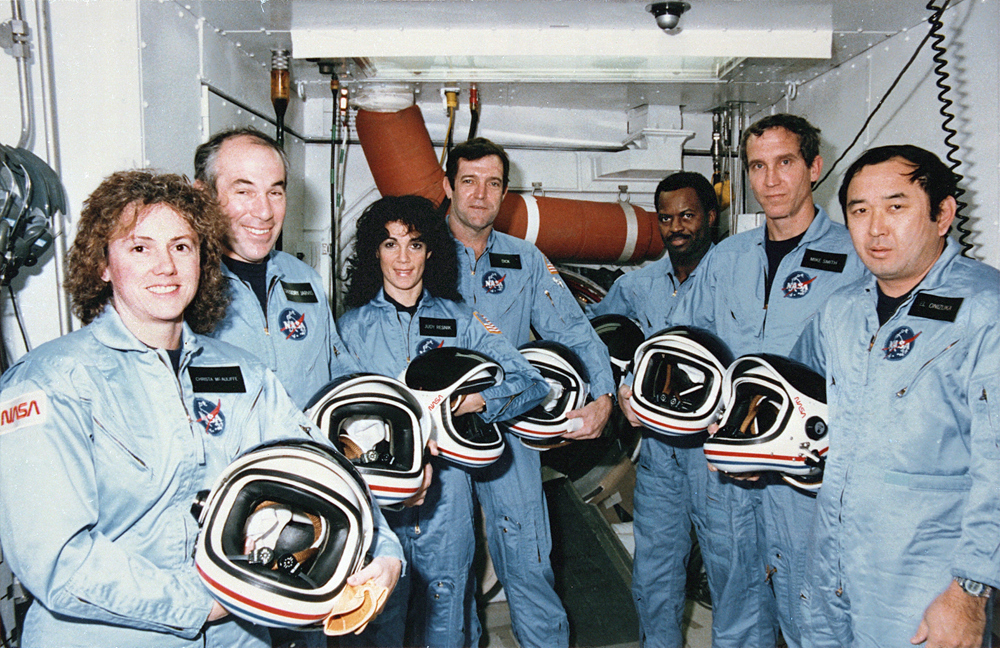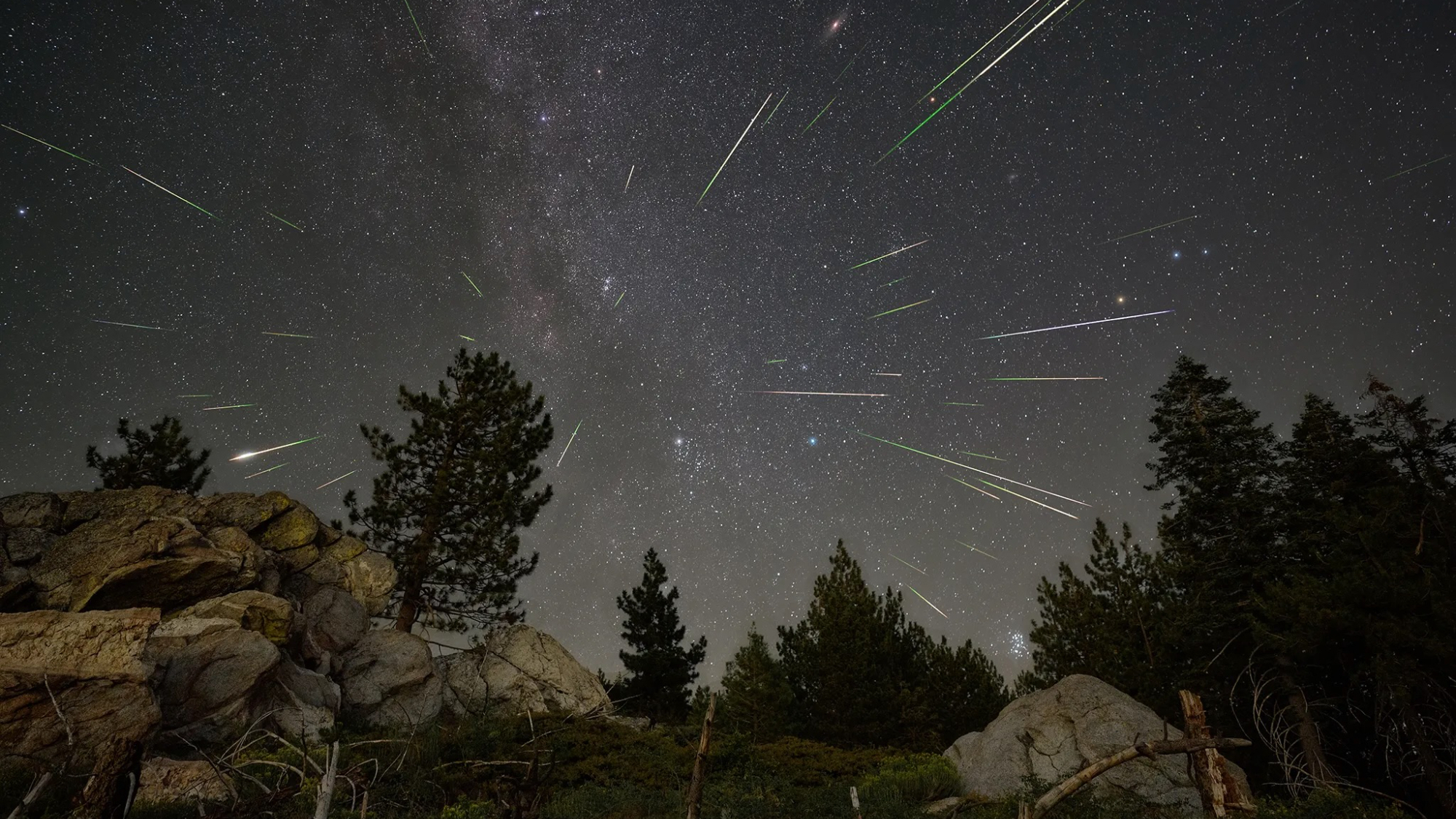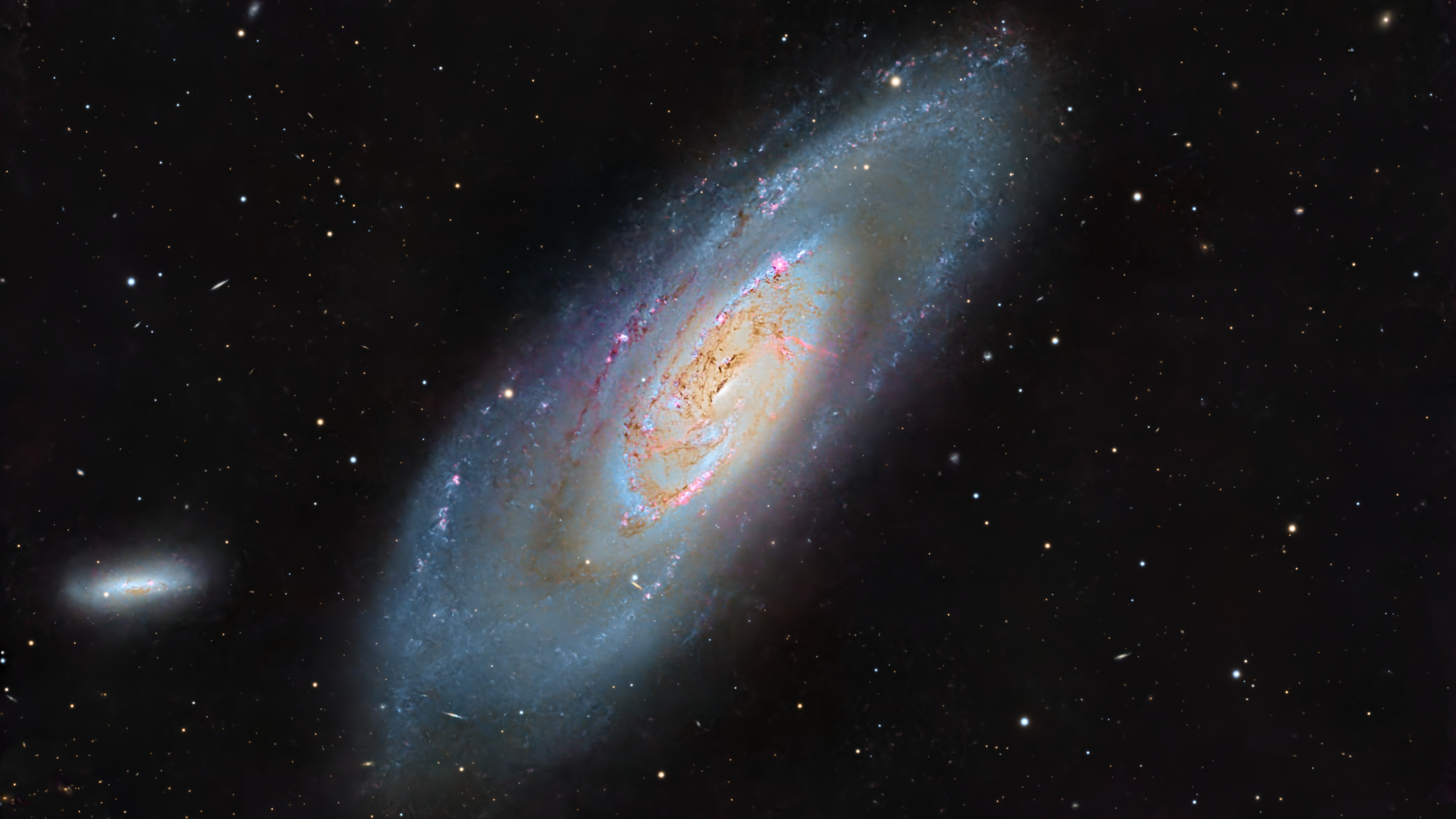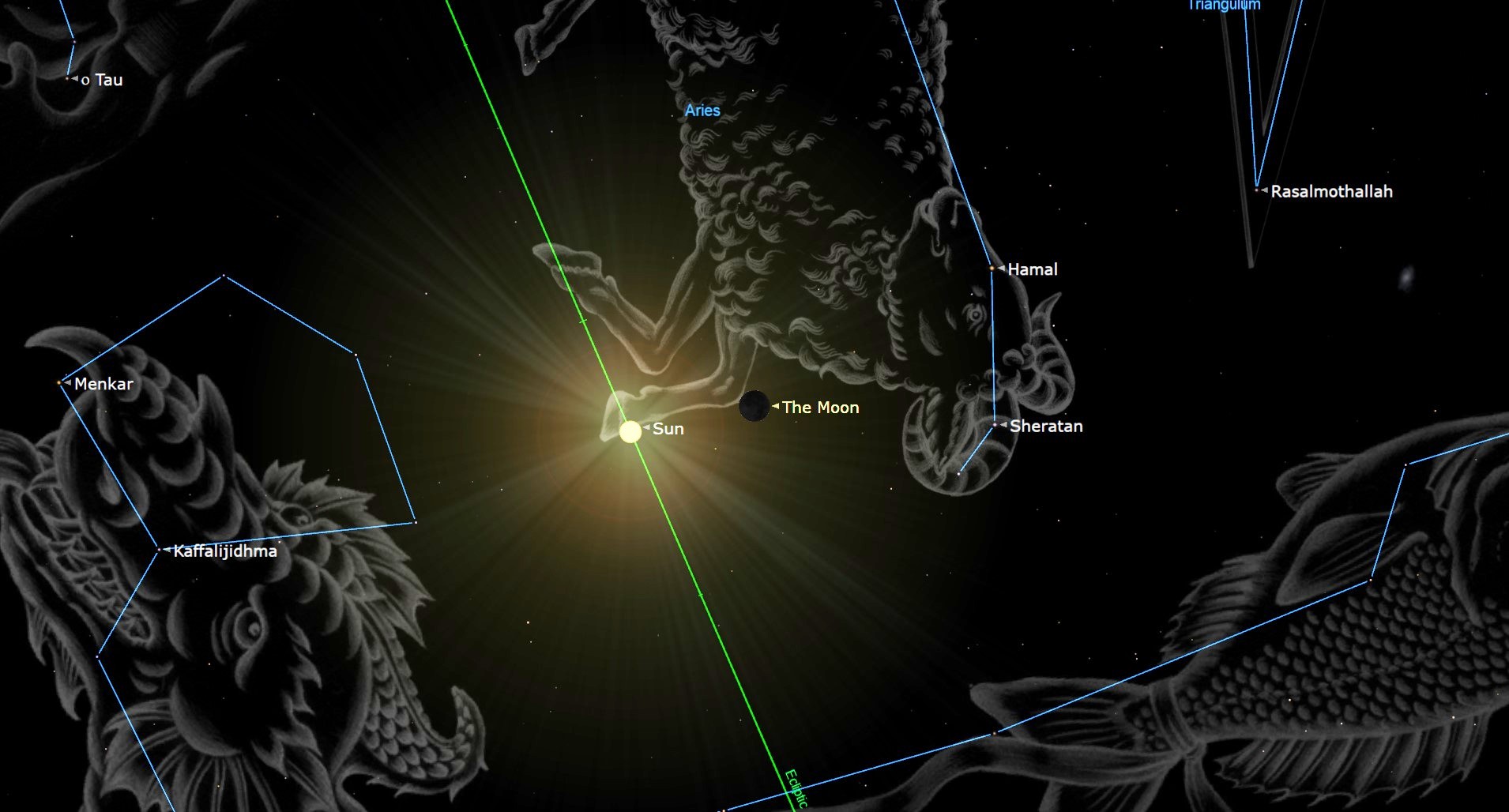Challenger Widow: Shuttle Disaster Should Drive Exploration Forward

The memory of the crew of the ill-fated space shuttle Challenger must lead the United States toward a brighter future in space exploration, the widow of Challenger's commander said today (Jan. 28).
June Scobee Rodgers, widow of Challenger's STS-51L commander Rick Scobee, spoke this morning at a memorial ceremony to honor the 25th anniversary of the shuttle disaster at NASA's Kennedy Space Center Visitor's Complex in Cape Canaveral, Fla.
"Challenger wasn't the final chapter in the book of space exploration," she said. "Just a transition chapter in this great book."
Seven astronauts, including Scobee Rodgers' husband, were killed in 1986 when their space shuttle was destroyed shortly after launch. The loss devastated many around the world, including scores of teachers and students watching because of the presence on the crew of Christa McAuliffe, NASA's first and only participant in its Teacher in Space program.
"That was then, but this is now," Scobee Rodgers said. "It's time for the next 25 years to unfold. Let us boldly look to the future with a vision built from the rich heritage of our space pioneers."
Beyond NASA's shuttle era
Scobee Rodgers said it was important to push forward with space exploration to continue the mission of the Challenger crew. In addition to Rick Scobee, pilot Michael J. Smith, mission specialists Ronald McNair, Ellison Onizuka, Judith Resnik, payload specialist Gregory Jarvis and McAuliffe died in the Challenger disaster.
Get the Space.com Newsletter
Breaking space news, the latest updates on rocket launches, skywatching events and more!
NASA's remaining three space shuttle orbiters, Discovery, Endeavour and Atlantis, are slated to launch on three final missions this year before retiring for good after 30 years of service.
"Now it is sad to see the shuttle story approaching the close of its chapter, but the book will continue with new exciting chapters," Scobee Rodgers said.
Once the shuttle era closes, NASA plans to develop new spacecraft to take astronauts to an asteroid by 2025 and then push on to Mars in the 2030s under a plan outlined by President Barack Obama last year.
A new NASA?
The space agency is currently in a period of transition as it tries to switch gears and find the funding needed for its new ventures.
"I can't help but wonder what advice the Challenger crew might have for today's space policymakers who are grappling with NASA's budget and saying they can't build a new rocket to replace the shuttle on time," wrote Sen. Bill Nelson (D-Fla.) in an op-ed article today in the Orlando Sentinel. "We must push forward and keep America at the forefront of space exploration."
Bill Gerstenmaier, NASA's associate administrator for space operations, echoed those sentiments during today's ceremony, saying the only way to honor the sacrifice of the Challenger crew is to push forward.
"The only possible compensation we can offers is our renewed devotion to the jobs we have been assigned by the nation to explore the universe," Gerstenmaier said. "The legacy of those we have lost will be in the dedication to never repeat those mistakes and learn from those mistakes."
Inspiring the future
Scobee Rodgers also highlighted the importance of reaching out to inspire children about space exploration, in keeping with the Challenger crew's focus on education in cooperation with McAuliffe.
After the tragedy, she met with the other family members of the crew to decide how best to honor them.
"If we didn’t somehow continue Challenger's mission of education then our loved ones would have died in vain," Scobee Rodgers said. "We began to turn this unimaginable tragedy into a monumental triumph. The entire world knew how the Challenger crew died. We wanted them to know how they lived and for what they died."
The families decided to found the Challenger Center for Space Science Education, which today includes 48 learning centers where students can participate in mock space missions and other activities that communicate the excitement of science and space exploration.
You can follow SPACE.com senior writer Clara Moskowitz on Twitter @ClaraMoskowitz.
Join our Space Forums to keep talking space on the latest missions, night sky and more! And if you have a news tip, correction or comment, let us know at: community@space.com.

Clara Moskowitz is a science and space writer who joined the Space.com team in 2008 and served as Assistant Managing Editor from 2011 to 2013. Clara has a bachelor's degree in astronomy and physics from Wesleyan University, and a graduate certificate in science writing from the University of California, Santa Cruz. She covers everything from astronomy to human spaceflight and once aced a NASTAR suborbital spaceflight training program for space missions. Clara is currently Associate Editor of Scientific American. To see her latest project is, follow Clara on Twitter.









